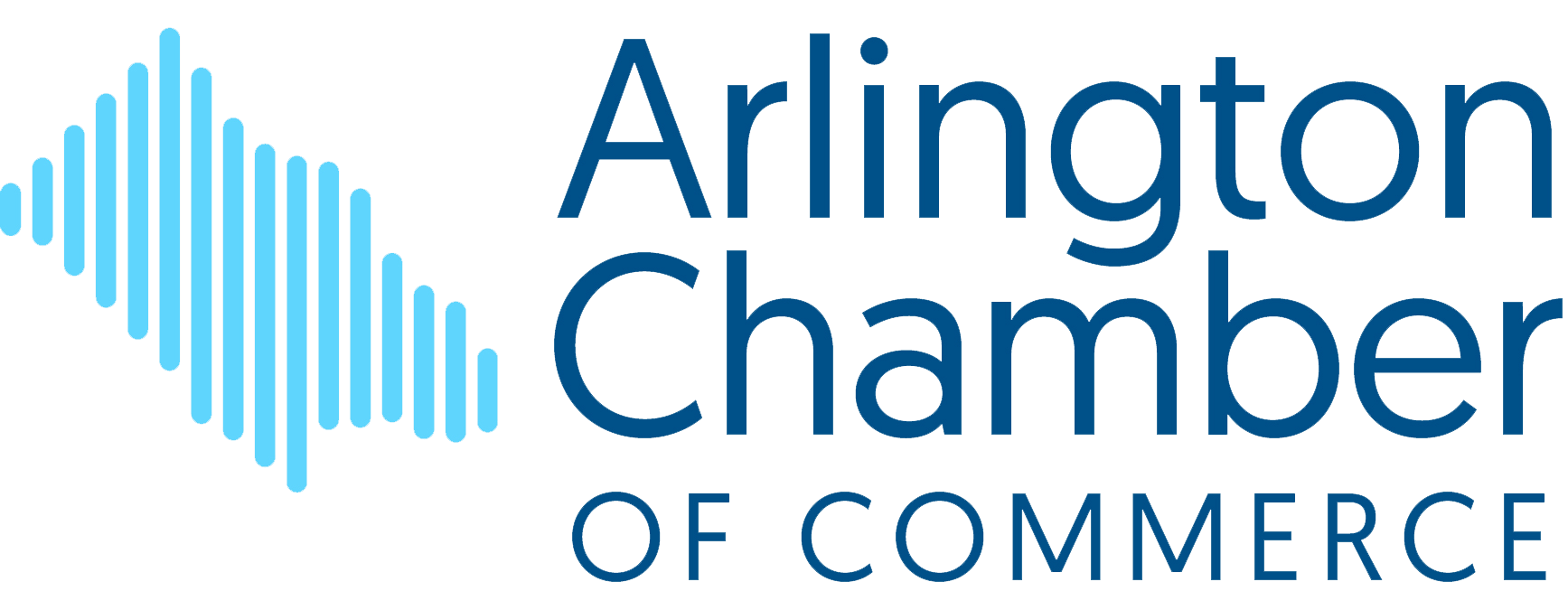
by Kelly Heinrich, President, Global Freedom Center
Many fellow Chamber members have recently expressed to me their shock at the discovery of human trafficking cases in Northern Virginia, such as cases of domestic workers forced to labor long hours with no pay, passports confiscated, and threatened with deportation in a Saudi compound in McLean; girls being recruited by the gang MS-13 and forced into prostitution at area hotels and apartments; and the fact that our local representatives held a community meeting on the topic because of growing concern.
It’s an issue long assumed to be happening elsewhere when, in fact, it happens everywhere. Worldwide, an estimated 27 million people are enslaved in nearly every industry including agriculture, garment and electronics manufacturing, and mining. It also occurs within more local settings like security, construction, janitorial services, restaurants, and health care services. The victims are men, women and children; citizens and noncitizens; rich and poor; young and elderly. A full 78% is labor trafficking and the remaining 22% is sex trafficking.
Traffickers use whatever means necessary, be it physical or psychological, to compel their victims into work or commercial sex. Common tactics include physical and sexual abuse, exorbitant recruitment fees, bait and switch, inflated debt, threats of arrest and deportation, shame, withheld identity documents, little to no pay, and inhumane treatment.
The sheer scale and tragedy of human trafficking can be overwhelming and lead many to wonder what, if anything, they can do. There are actually a lot of options. Here is a short list of actions each of you can take as Arlingtonians, consumers and businesses:
- Download a free ebook to learn the signs so that you can spot trafficking in the community. Less than 1% of victims are identified each year, but we can change that if more people know what to look for.
- Read a few real stories to get a better sense of how, why and where this happens.
- Now that you know, be alert. While trafficking is hidden, it is still in plain sight. Be aware of domestic workers and au pairs next door, landscapers in the neighborhood, the manicurist who does your nails, the grocery store stockers, etc.
- Consult the U.S. Department of Labor’s list of 54 goods produced by forced labor to know where the risks are highest. Our personal and business purchases of everyday items like phones, clothing, shoes, food and toys may be tainted with forced labor.
- Search for your favorite brand’s “California Transparency in Supply Chains Act” disclosure statement to read about their policies to maintain a supply chain free of forced labor.
- Assess, update and strengthen your company’s procurement policies and practices whether for travel, IT, janitorial, construction, landscaping or security.
- Federal contractors should meet the updated compliance obligations specific to trafficking, especially with enforcement now ramping up.
- Train your employees about your policies and so that they can be eyes and ears in the community.
- Donate in kind services and volunteers to anti-trafficking organizations in the area.
- Equip teenagers with information about personal safety and workplace rights.
- Seek training on how to identify trafficking if you are within criminal justice, education, health and mental health, immigration or social services. These professionals are most likely to come across trafficking in the course of their daily work.
Any of these simple actions can contribute to identifying or preventing human trafficking and your help is needed right here in Arlington. Learn more at www.GlobalFreedomCenter.org.
human trafficking, forced labor, labor trafficking, community, law




 RSS Feed
RSS Feed
